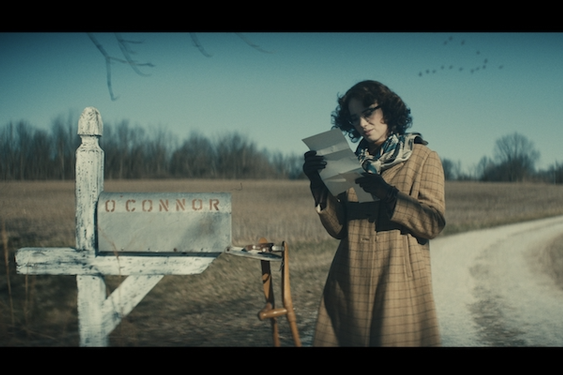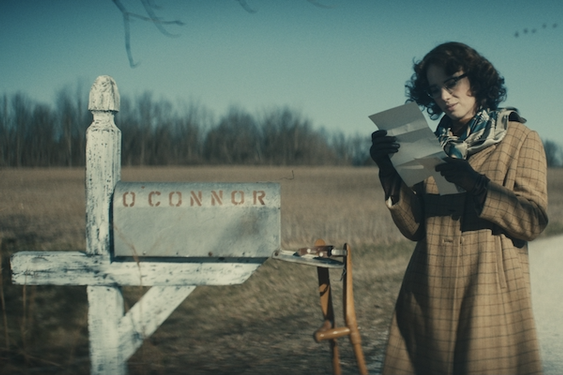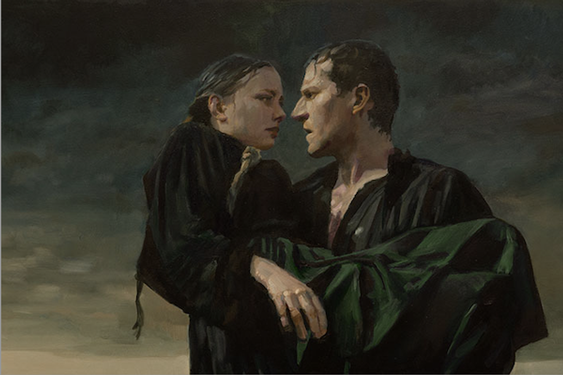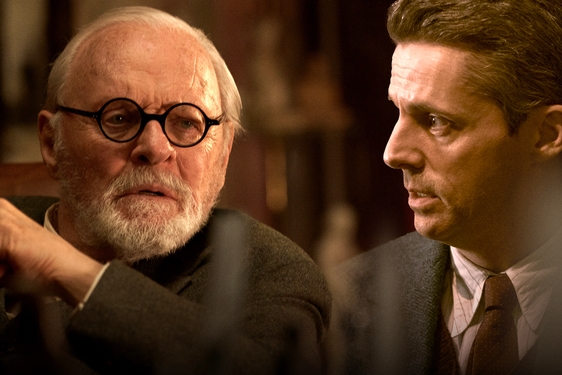At a time of global anxiety, fervent populism and enduring conflict, international filmmakers have turned to marriage, high jinks, history and even a remote island in the middle of the ocean to make sense of things.
Those themes were resonant in the Academy Award nominations for foreign language film, which were dominated by European movies that included an eccentric father-daughter comedy, a World War II drama about hidden land mines and the story of a curmudgeonly Swede charmed by his immigrant neighbor.
The two other movies among the five nominees were “Tanna,” an Australian-directed tale of star-crossed lovers on a South Pacific island, and “The Salesman,” an investigation of a marriage in turmoil by Iranian director Asghar Farhadi. Farhadi won the foreign language Oscar in 2012 for “A Separation.”
Europe’s gaze at itself was revealing. Germany’s “Toni Erdmann” sets Eastern European capitalism as a backdrop for the strained relationship between a conformist daughter and her prankster father. Denmark’s “Land of Mine” raises questions about morality and blame as German soldiers clear land mines on a beach. “A Man Called Ove” from Sweden looks at immigration through the eyes of a suicidal railroad worker.
The nominated films explore the fissures, bonds, expectations and unpredictability of relationships, especially when characters are forced to confront change. “The Salesman” hits all these notes as a couple navigates vengeance, fear and the insecurities of home after a wife is attacked by a stranger in the shower. That film, like “Toni Erdmann,” directed by Maren Ade, draws the viewer deep into the intricacies of psychology and emotion.
“It’s in crisis that we reveal our true selves,” Farhadi recently told The Times. “Film to me is like a court trial. The spectator is the judge.”
“Toni Erdmann” has been a favorite of critics, but the way it tests the bounds of family troubles — the father (Winfried) is a rambling jokester who wears oversized fake teeth and an outfit that makes him look like Big Foot — is bracingly unconventional. Perhaps too much for some in the academy. The unsentimental film crystallizes German sardonic wit, yet it movingly plays on Winfried’s act-of-love strategy to embarrass his daughter (Ines) until he frees her from her rigid mask.
“Tanna” summons a different kind existential crisis amid battling tribes in the South Pacific. Unfolding amid thatched huts, grass skirts and a flickering volcano, the film, based on a true story, centers on the fate of two lovers after one of them is chosen to marry someone in an opposing clan to keep peace and preserve island culture. Directed by Bentley Dean and Martin Butler, the film is a picturesque paean to a way of life far from the tug of modern forces.
“Land of Mine” glimpses the dangerous irony of changing fortunes. It explores compassion, hate and justice along a Danish beach where Nazis had laid 45,000 land mines to prevent an Allied invasion. But the Danish army is back in control and has pressed German POWs into the meticulous task of clearing the mines. Directed by Martin Zandvliet, the movie follows “A War,” about the Afghanistan conflict, as the second Danish film in two years to be nominated for an Academy Award.
Whimsy mixes with Scandinavian stoicism in a “A Man Called Ove,” directed by Hannes Holm, after a laid-off railroad worker and recent widower attempts to hang himself. The title character is a gruff bore who becomes enamored with his Iranian immigrant neighbor in a tender story that speaks to larger questions of culture and diversity that have been agitating Europe in recent years.
“No one should be all on their own,” Ove’s neighbor tells him. “Not even you.”
———
©2017 Los Angeles Times
Visit the Los Angeles Times at www.latimes.com
Distributed by Tribune Content Agency, LLC.












